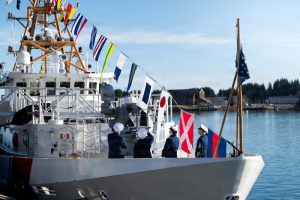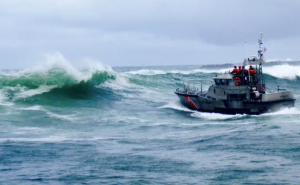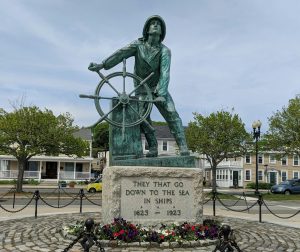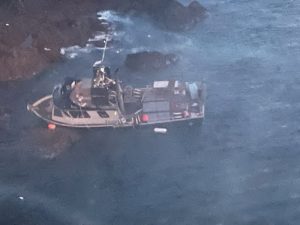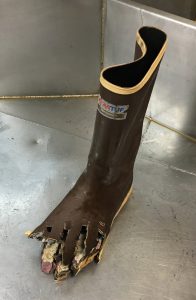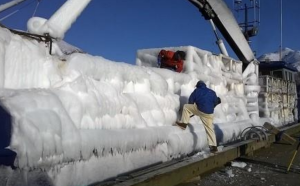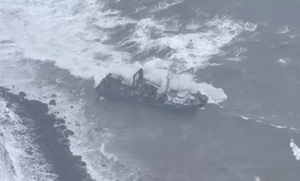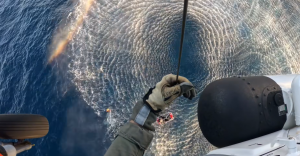When Weather Forecasting Fails Fishermen Suffer
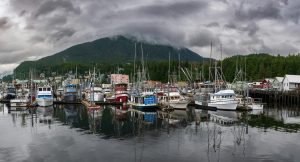 Before any commercial fishing vessel leaves the dock in Alaska, Washington, Oregon, or California, captains perform an essential task; they check the weather forecast. Marine forecasts, buoy data, and storm advisories determine whether a crew goes out. That information comes from a federal infrastructure system most fishermen take for granted, until it breaks down.
Before any commercial fishing vessel leaves the dock in Alaska, Washington, Oregon, or California, captains perform an essential task; they check the weather forecast. Marine forecasts, buoy data, and storm advisories determine whether a crew goes out. That information comes from a federal infrastructure system most fishermen take for granted, until it breaks down.
Federal budget conflicts in Washington, D.C. have consequences that reach beyond the capital. For commercial fishermen, cuts to the National Oceanic and Atmospheric Administration (NOAA) and the National Weather Service (NWS) create real safety hazards on the water.
Since early 2025, hundreds of NWS and NOAA employees have left due to layoffs and attrition. About 40% of the nation’s 122 weather forecast offices now carry significant staffing vacancies, and at least eight are unable to maintain 24-hour coverage. As Tom Fahy of the National Weather Service Employees Organization noted, “This has never happened before. We’ve always been an agency that has provided 24/7 service to the American public.” Five former NWS directors issued a joint warning to Congress: “Our worst nightmare is that weather forecast offices will be so understaffed that there will be needless loss of life.”
 Maritime Injury Law Blog
Maritime Injury Law Blog



